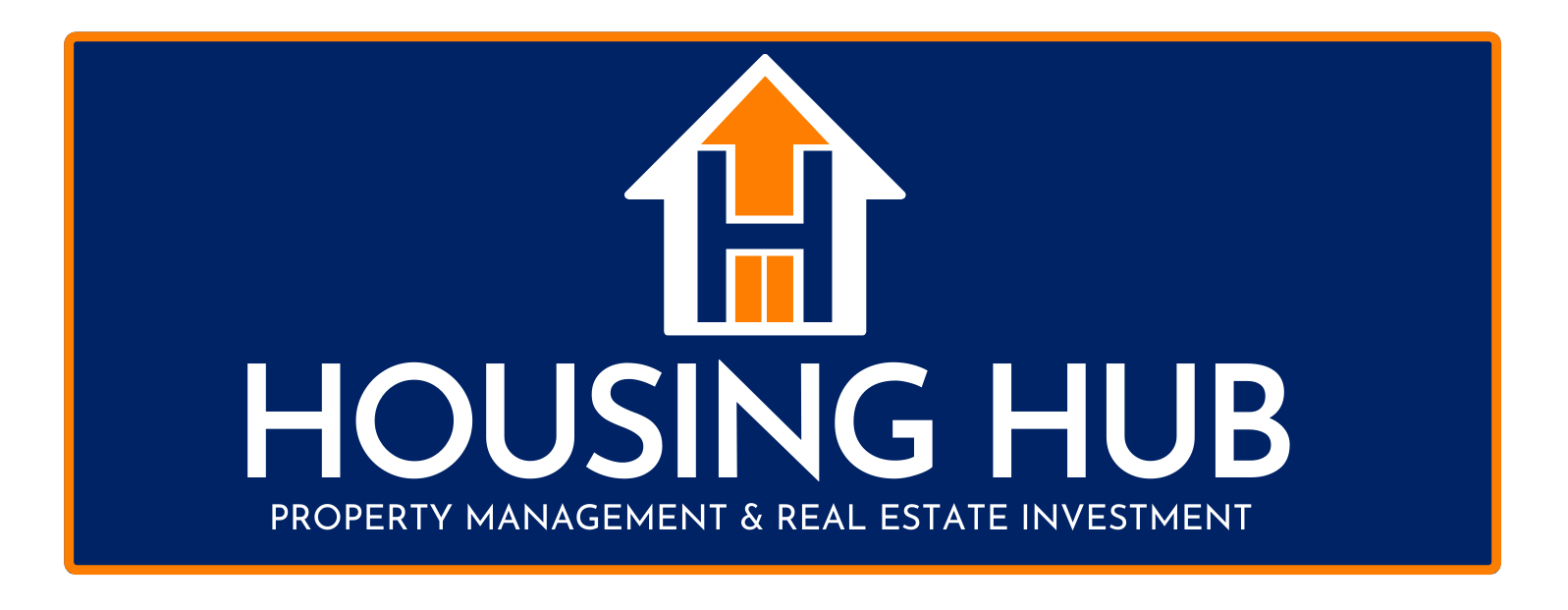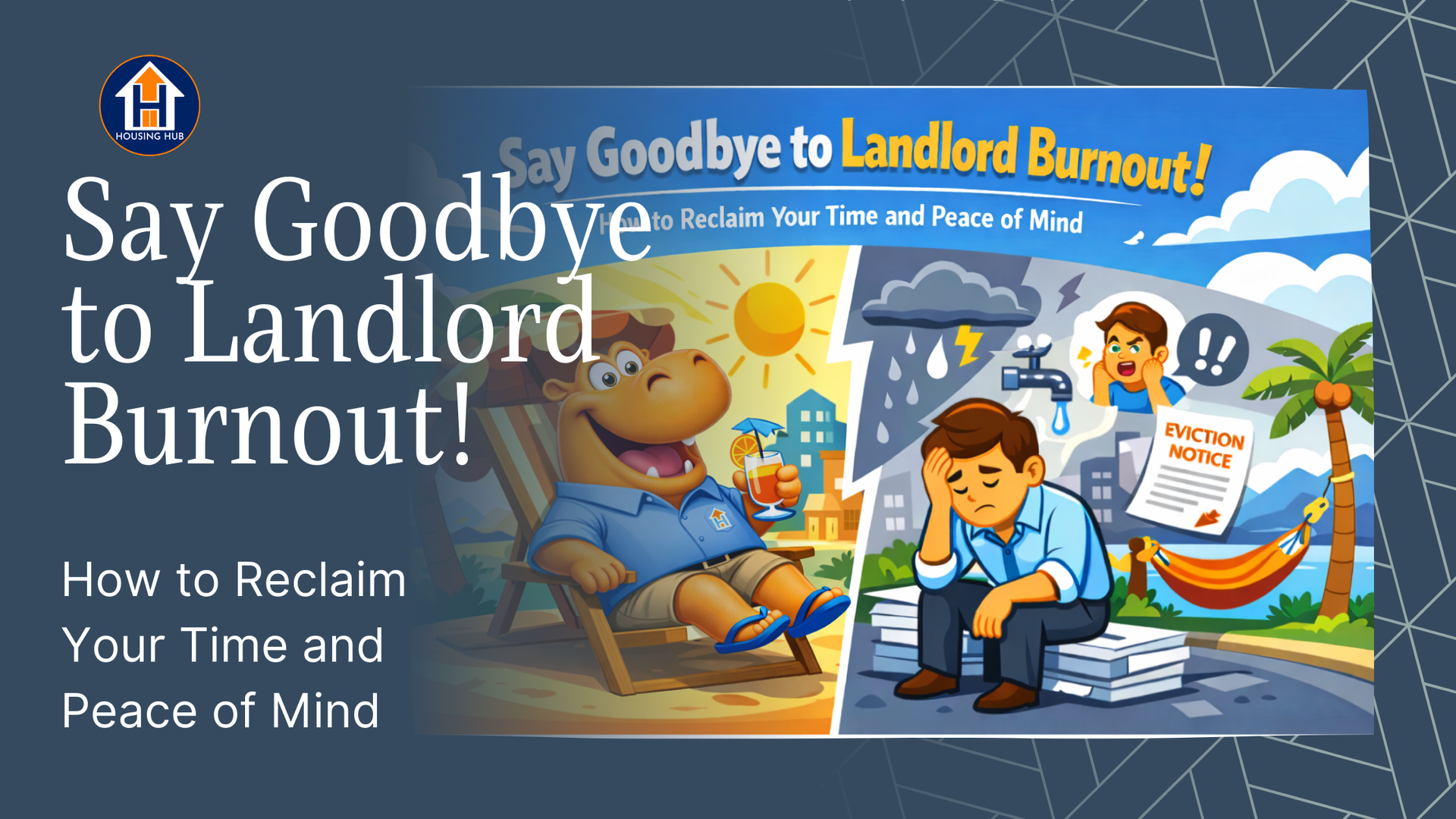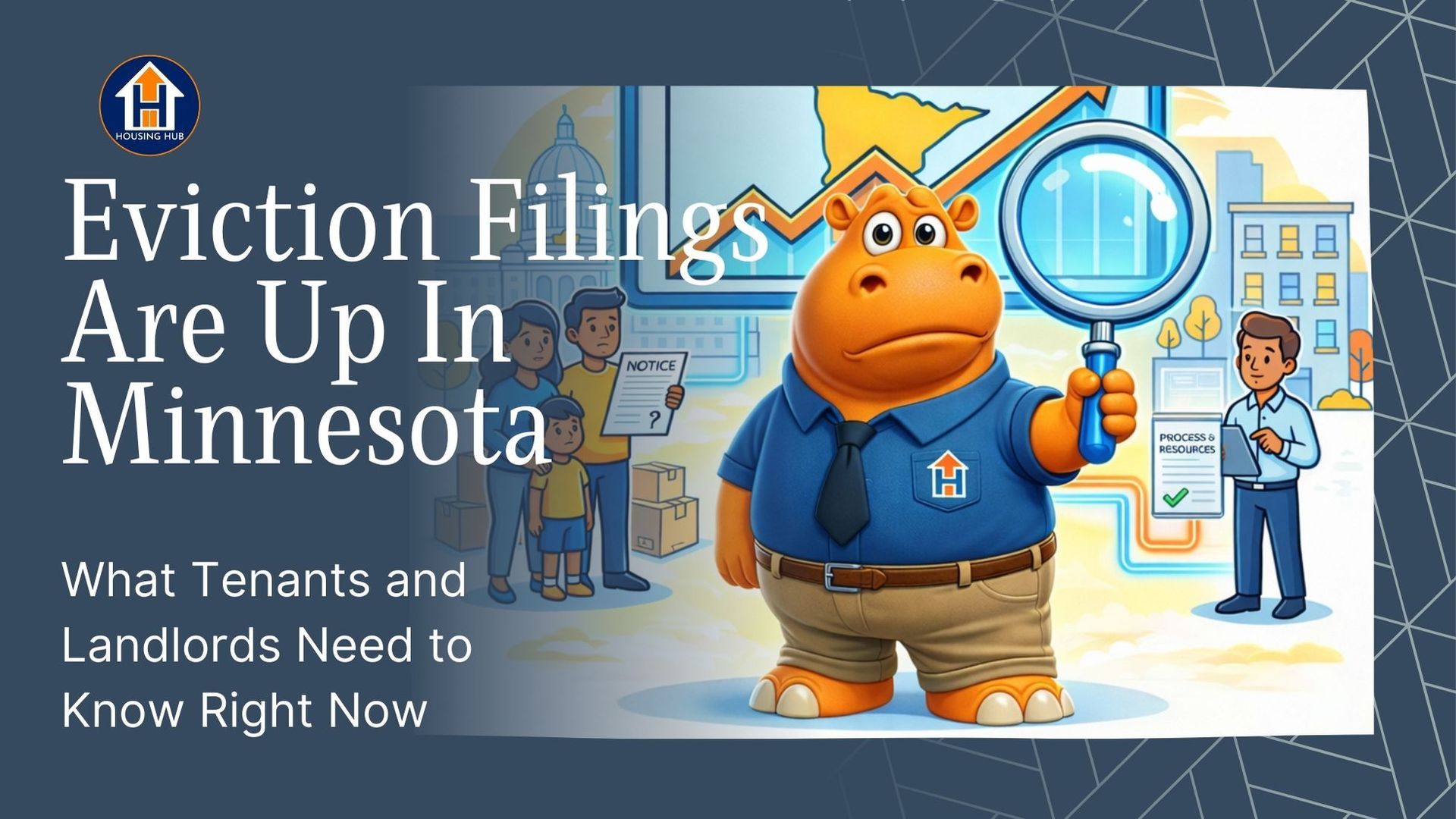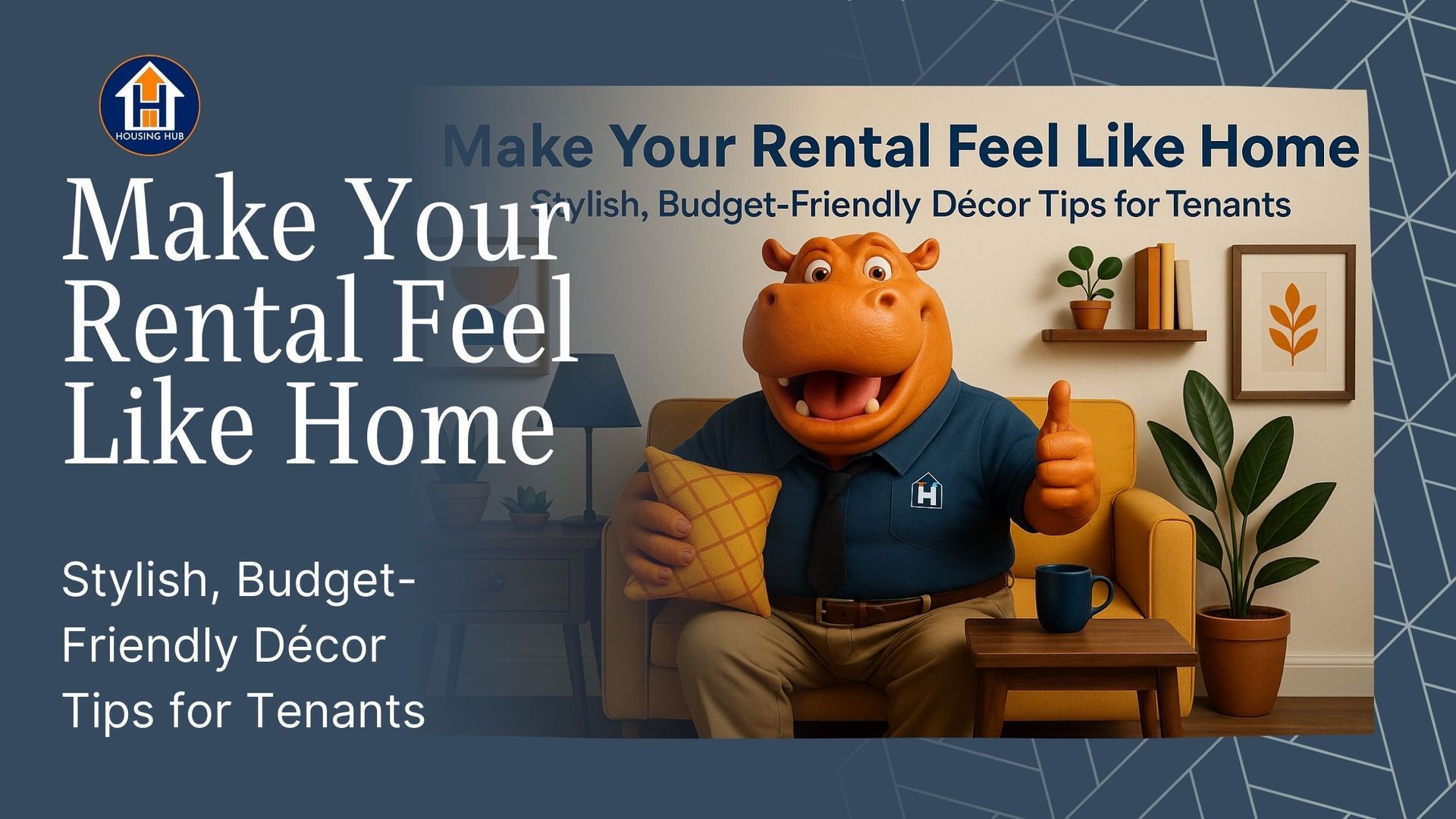Minnesota Rental Regulations: What Changed in 2025?
Minnesota's rental regulations saw some changes in 2025, impacting how both tenants and property owners manage their living spaces. These updates aim to create a more balanced and fair renting environment. With new requirements on the horizon, keeping up-to-date with these regulations becomes crucial. Knowing what's changed helps tenants ensure they're receiving their rightful advantages, while property owners can manage their properties efficiently and within legal boundaries.
Understanding these newly implemented rules not only reduces the risk of penalties but also fosters a healthier relationship between tenants and landlords. Whether you're renting out a charming duplex in St. Paul or residing in a bustling apartment complex in Minneapolis, these changes will likely affect you. Let's dive into the details to see how these regulations shape housing in Minnesota.
Overview of Major Regulation Changes in 2025
Navigating the rental regulations in Minnesota is easier when you know what's been updated in 2025. Here are some of the key changes you should know:
- Property Inspections: New rules mandate regular inspections to ensure rentals meet safety standards. Landlords must give tenants appropriate notice before inspections, and repairs need swift attention to maintain living conditions.
- Rental Agreements: Contracts now include clearer clauses about deposit returns and payment schedules. This enhances understanding, reducing disputes about what each party is entitled to.
- Tenant Rights: Enhancements in tenant rights offer more protection, like ensuring access to necessary home resources and rapid responses to maintenance requests.
Comprehending these changes isn't just about compliance; it's about promoting a harmonious rental experience. Proper awareness of these updates helps prevent misunderstandings and ensures both property owners and tenants enjoy a smooth, well-regulated living arrangement. By understanding and integrating these changes, those involved in property management in Minnesota can continue to thrive without unnecessary stress or confusion.
Implications for Property Owners
For property owners in Minnesota, these new regulation changes mean sharpening their focus on compliance and management practices. Staying informed about the new guidelines is essential to avoid penalties and ensure smooth operations. Regular inspections now require timely updates, which could mean scheduling maintenance checks more frequently. By understanding these changes, property owners can proactively address repair issues, ultimately preserving the value and safety of their properties.
Here are some practical tips for property owners to stay compliant:
1. Review and update rental agreements to align with the new legal requirements.
2. Schedule regular maintenance and inspections to meet the latest safety standards.
3. Communicate clearly with tenants about any changes in rental agreements or inspection schedules.
Adopting a system that tracks these changes can help landlords stay organized. Some property management software now includes features designed to help you deal with compliance effectively.
Impact on Tenants
Tenants in Minnesota also have a lot to gain. The recent changes bring increased security and transparency to their renting experience. For instance, the new rules regarding tenant rights ensure quicker resolutions for maintenance issues, providing a more comfortable living environment. They also offer clearer insight into deposit returns, reducing common misunderstandings.
Steps tenants can take to benefit from these updates include:
- Understanding the new clauses in rental agreements before signing.
- Keeping a record of any maintenance requests and follow-ups.
- Knowing their rights regarding rent payments and security deposits.
These changes create an environment where tenants can feel more confident. Whether you're renting a condo in Minneapolis or a house in St. Paul, staying informed about your rights allows you to make more empowered renting decisions.
Moving Forward with Confidence
Adapting to Minnesota's new rental regulations in 2025 may seem challenging, but it's definitely manageable with the right information and support. By understanding the updated rules, both property owners and tenants can ensure they're doing their part to maintain a fair and compliant housing market. This knowledge fosters a mutual understanding, making the relationship between tenants and property owners more positive.
As the housing landscape continues to evolve, staying engaged and proactive is key. Embracing these changes is not just a task but an opportunity to build better relationships and enhance the living experience for everyone involved in the Minnesota rental market. With a commitment to keeping up-to-date, you can approach the future confidently and well-prepared.
Navigating the shifts in Minnesota's rental regulations doesn't have to be complicated. Whether you own rental properties or live in a rental, having a knowledgeable team by your side makes the process much smoother. For expert guidance on compliance and efficient
property management in Minnesota, trust Housing Hub to be your partner in navigating these changes. Explore what they have to offer and ensure your rental experience remains positive and hassle-free.






